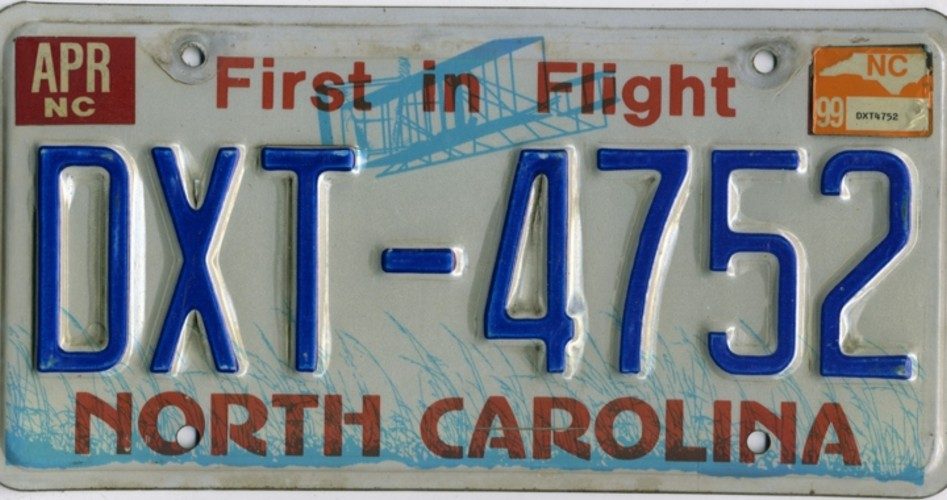
The state senate of North Carolina is close to approving a bill that would allow state and local law enforcement to use automatic license plates reader systems to create databases of people traveling on state roadways.
The state House of Representatives passed the measure in May by a vote of 79-36.
The language of the bill defines the proposed tracking devices as:
a system of one or more mobile or fixed automated high-speed cameras used in combination with computer algorithms to convert images of license plates into computer-readable data.
In some of its broadest language, the bill authorizes use of the cameras to:
any agency or officer of the State of North Carolina or any political subdivision thereof who is empowered by the laws of this State to conduct investigations or to make arrests, and any attorney, including the Attorney General of North Carolina, authorized by the laws of this State to prosecute or participate in the prosecution of those persons arrested or persons who may be subject to civil actions related to or concerning an arrest.
In a familiar trope of those advocating growth of the surveillance state, proponents of the bill point to the potential for tracking and capturing fugitives from the law.
“Had this technology been available, at a right of way, it would’ve been possible to track down the individual who had committed the crime,” said state Senator Gladys Robinson, speaking of a recent case investigated by officers in her home county.
Others, however, recognize the fingerprints of Big Brother on the legislation.
“When I’m operating legally on a road that I paid for as a citizen, I’m going to be monitored by some nameless, faceless government bureaucrat, to see where I am, where I’m going, monitoring my whole trip,” said state Senator Tom Goolsby, as quoted by WUNC, a North Carolina public radio station.
Goolsby, according to the WUNC story, says that “crime in North Carolina is low and this kind of technology is not necessary.”
According to figures released by the North Carolina Department of Justice, Goolsby’s depiction of crime in the Tarheel State is accurate. The NCDOJ reports:
The rate per 100,000 people of Crime Index offenses reported to law enforcement agencies throughout North Carolina decreased 4.4 percent during 2012 when compared to the figures reported in 2011.
Concerning violent crime, the murder rate decreased 3.8 percent, the rape rate decreased 1.0 percent, the robbery rate decreased 3.0 percent, and the aggravated assault rate increased 2.4 percent.
This isn’t North Carolina’s first foray into unwarranted surveillance, however.
An investigation conducted in June by a Wilmington, North Carolina news team found that the Wilmington Police Department “has spent over half a million dollars since 2008 to purchase, maintain and upgrade the equipment known in law enforcement circles as Stingray.”
The suitcase-sized Stingray masquerades as a cell tower to trick cellphones into connecting to it. It can give police tracking identifiers for phones within a mile or more, depending on terrain. Given the mobility of the device, police who use it can triangulate a target’s location with better accuracy than if they relied on data transferred by traditional cell towers.
This equipment isn’t cheap. According to published reports, each Stingray device costs about $150,000. Despite the cost, however, USA Today reports that at least 25 police departments admit to owning a Stingray, with 30 other cities refusing to disclose whether or not they own one of these expensive surveillance devices.
Fortunately for North Carolina voters, the license plate tracking bill has been taken off the calendar and on July 21 was re-referred to the state senate Committee on Rules and Operations of the Senate.
This gives North Carolinians time to contact their state senators and encourage them to vote no on House Bill 348.
Joe A. Wolverton, II, J.D. is a correspondent for The New American. Follow him on Twitter @TNAJoeWolverton and he can be reached at [email protected].


